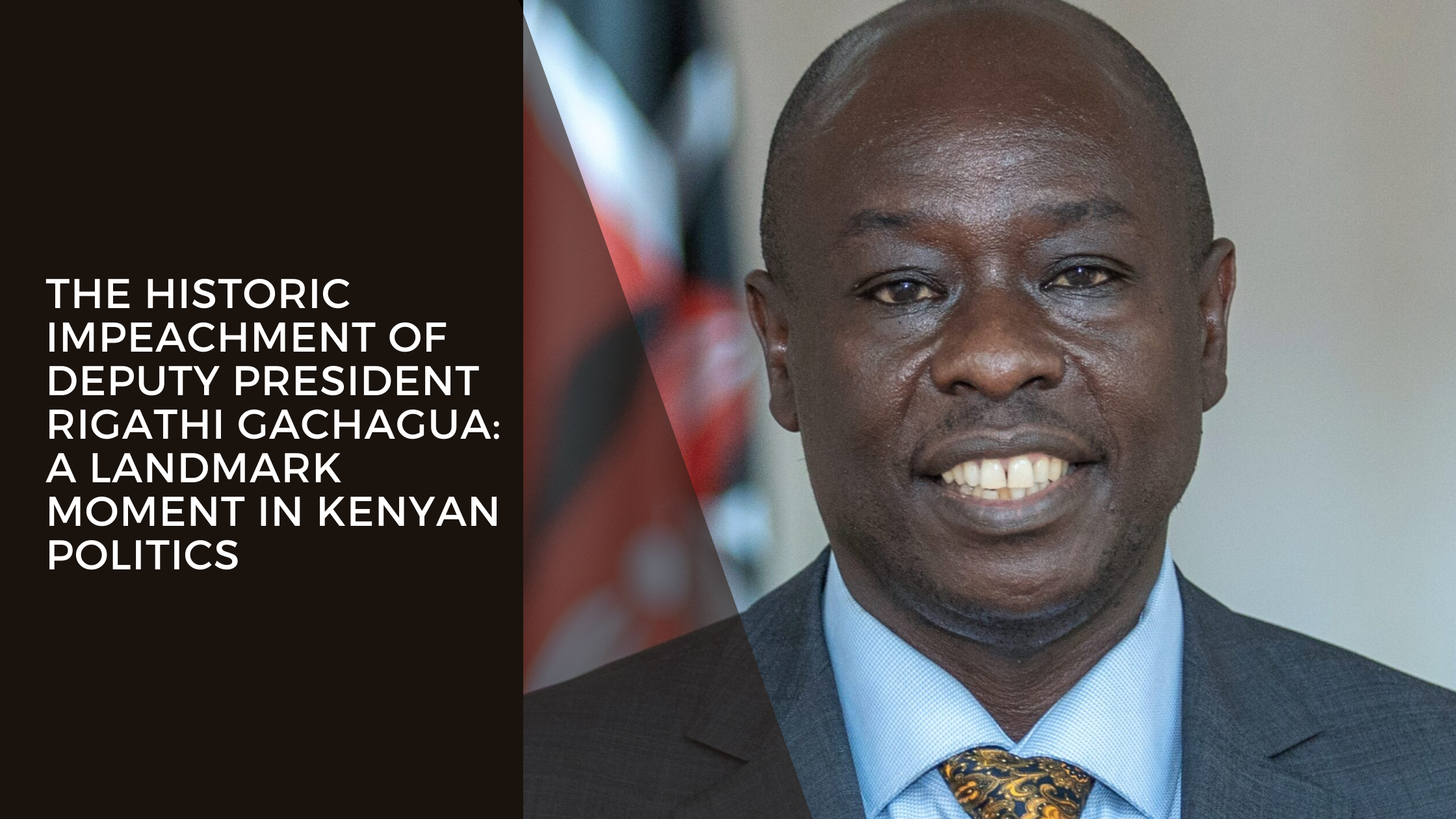Succession law in Kenya governs the distribution and management of a deceased person’s estate. It ensures that beneficiaries, such as spouses, children, and dependent relatives, receive their rightful inheritance. The law provides for two main types of succession:
i) Testate succession– where the deceased left a valid will.
ii) Intestate succession– where the deceased did not leave a will.
Each type follows specific legal procedures to ensure fair distribution of the estate.
History and Background of Succession Law in Kenya
Kenya’s succession laws have evolved from customary laws to the statutory framework in the Law of Succession Act (Cap 160). During British colonization, Kenya adopted English legal principles, which influenced its succession laws. Initially, succession matters were handled through customary practices, differing among ethnic communities. However, to create a uniform system, Parliament enacted the Law of Succession Act in 1981, harmonizing succession laws across all communities.
Despite this, courts have recognized the role of customary law in certain cases. For instance, in Rono v Rono & Another (2005) eKLR, the Court of Appeal acknowledged the application of customary law, especially in cases where parties were governed by traditional inheritance customs.
Types of Succession
a) Testate Succession
Testate succession occurs when a person writes a valid will before death. A will allows a person to specify how their property should be distributed. The person making the will (testator) can also appoint an executor, who is responsible for implementing the wishes stated in the will.
If a will is valid, there is no need to apply for letters of administration; instead, the executor applies for probate, which gives them the legal authority to manage and distribute the estate according to the will.
b) Intestate Succession
Intestate succession happens when a person dies without a valid will. In such cases, the estate is distributed according to the rules set out in the Law of Succession Act. Beneficiaries, usually spouses, children, and dependents, can apply for letters of administration to manage the estate.
The procedure involves filing documents such as:
i) A petition for letters of administration.
ii) A death certificate of the deceased.
iii) A letter from the local chief identifying beneficiaries and the estate.
iv) An affidavit of justification.
v) Identification documents of the petitioner and beneficiaries.
vi) Proof of ownership of the deceased’s property.
Once granted, the administrator has the legal authority to manage and distribute the estate.
Distribution of the Estate
a) Distribution in Testate Succession
If the deceased left a will, the estate is distributed according to the wishes of the testator. However, the will must be valid under the Law of Succession Act, meaning the testator must have had the mental capacity to write it, and it must have been signed in the presence of at least two witnesses.
If a person is unfairly left out of the will, they may challenge it in court. In the Estate of Gatuthu Njuguna (1998) eKLR, the court emphasized that dependents who are left out of a will may seek reasonable provision under Section 26 of the Law of Succession Act.
b) Distribution in Intestate Succession
If there is no will, the estate is distributed based on the family structure of the deceased:
– If the deceased was married with children, the estate is inherited by the spouse and children.
-The surviving spouse gets a life interest in the estate, meaning they can use it but cannot sell it without the consent of the children. Upon the spouse’s death, the estate goes to the children.
– If the deceased was married without children, the surviving spouse gets the entire estate. However, if there are surviving parents or siblings, they may also have a claim.
– If the deceased was unmarried and had no children, the estate is distributed among the closest relatives, such as parents, siblings, or extended family members.
These rules are outlined in Sections 35 to 39 of the Law of Succession Act.
Rights of Beneficiaries
i) Right to inherit – A beneficiary has the right to receive their rightful share of the estate.
ii) Right to information – The administrator must keep beneficiaries informed about the estate’s management and financial transactions.
iii) Right to challenge unfair distribution – If a beneficiary feels the estate is being unfairly distributed, they can file a claim in court.
iv) Right to apply for removal of an unfit administrator– If an administrator mismanages the estate, beneficiaries can apply to have them removed under Section 76 of the Law of Succession Act.
In the Re Estate of G.K.K (Deceased) [2013] eKLR, the court removed an administrator who had mismanaged the estate, reaffirming that beneficiaries have the right to demand accountability.
Role and Duties of an Administrator
An administrator is responsible for managing the deceased’s estate. Their duties include: Identifying and securing all assets of the deceased, paying debts and taxes owed by the deceased before distributing the estate, distributing the estate fairly among beneficiaries according to the law, keeping financial records and updating beneficiaries on the progress of the administration.
Failure to perform these duties can lead to legal consequences, including being removed as an administrator by the court.
Conclusion
Succession law in Kenya ensures that the property of a deceased person is managed and distributed fairly. Whether a person dies with or without a will, the law provides clear guidelines on how their estate should be handled. Beneficiaries have legal rights to inheritance and transparency, while administrators have strict legal duties to fulfill.
The Law of Succession Act remains the primary legal framework governing inheritance matters, but courts also consider customary law where applicable. By following the correct legal procedures, families can ensure a smooth transition of wealth from one generation to the next while minimizing conflicts.
Please be advised that this is just legal advice and does not constitute professional services, in case you need professional services, always approach an advocate of the high court of Kenya or a law firm for legal assistance.
Succession law in Kenya ensures that a deceased person’s estate is distributed fairly and by the law. Whether through testate or intestate succession, the legal framework aims to protect beneficiaries’ rights while ensuring proper estate administration. What are your thoughts on succession law in Kenya? Have you or someone you know faced challenges with estate distribution? Share your experiences in the comments below!

















Leave a Reply